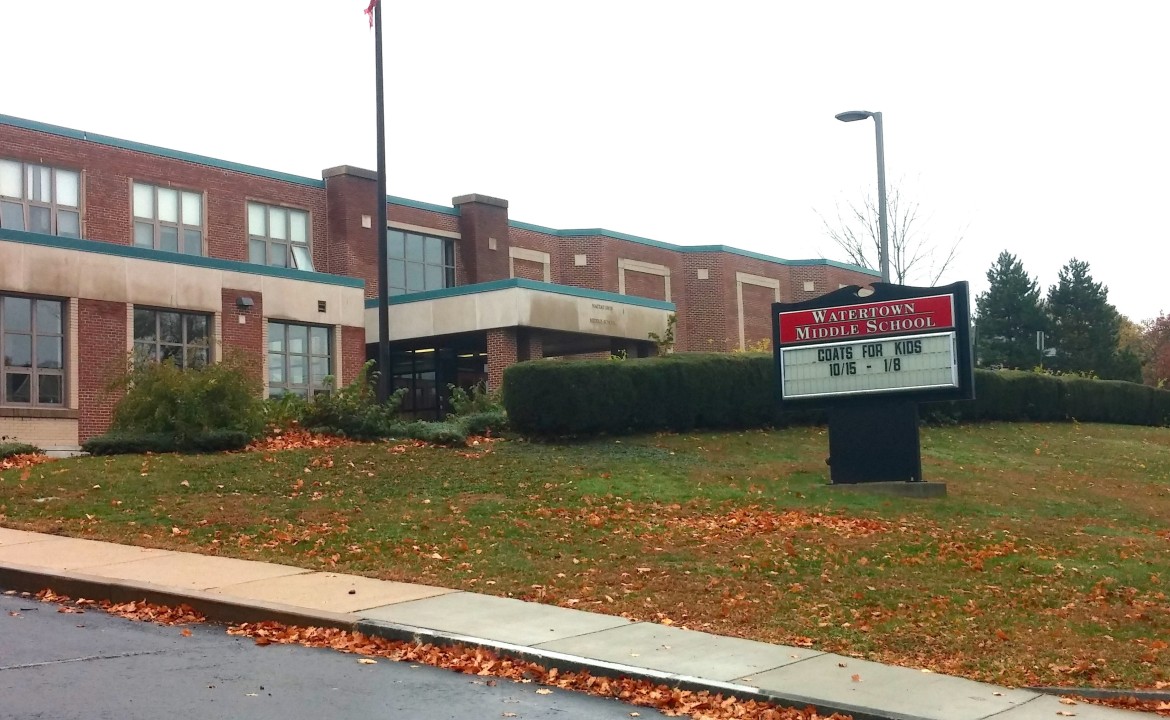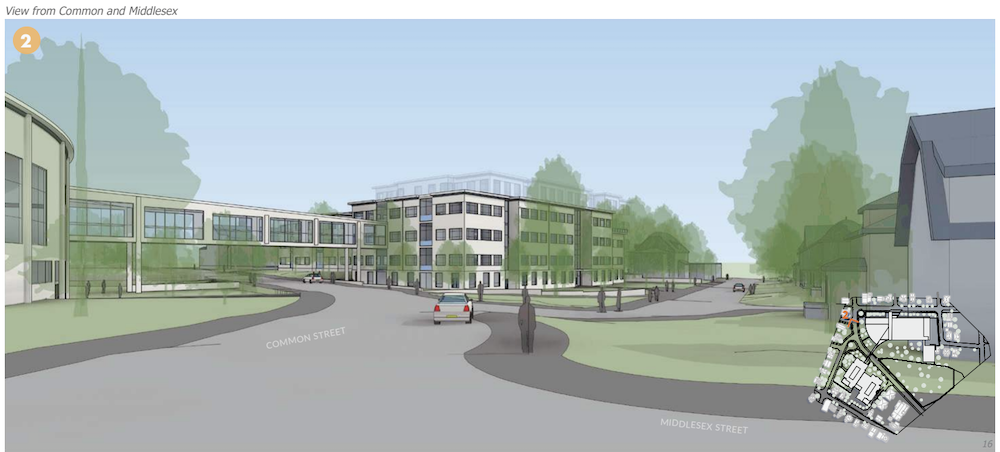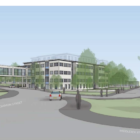Letters
LETTER: Residents Support Middle School Student Who Spoke Out Against Racial Harassment
|
Editor,
We write this letter in support of the Watertown middle school student who has endured repeated racist attacks by her peers. We do not know this student personally, but as a White family and longtime residents of Watertown, we want her to know that we stand with her in solidarity. This young woman, at just 13-years-old, should be applauded and encouraged for using her voice and fighting for racial justice and deserves nothing less than support from our schools and community. Recently a local news channel covered the extensive harassment of this Black Watertown middle school student by her classmates. According to the interview, the harassment started when the student began speaking out against racism and affirming that black lives matter.





